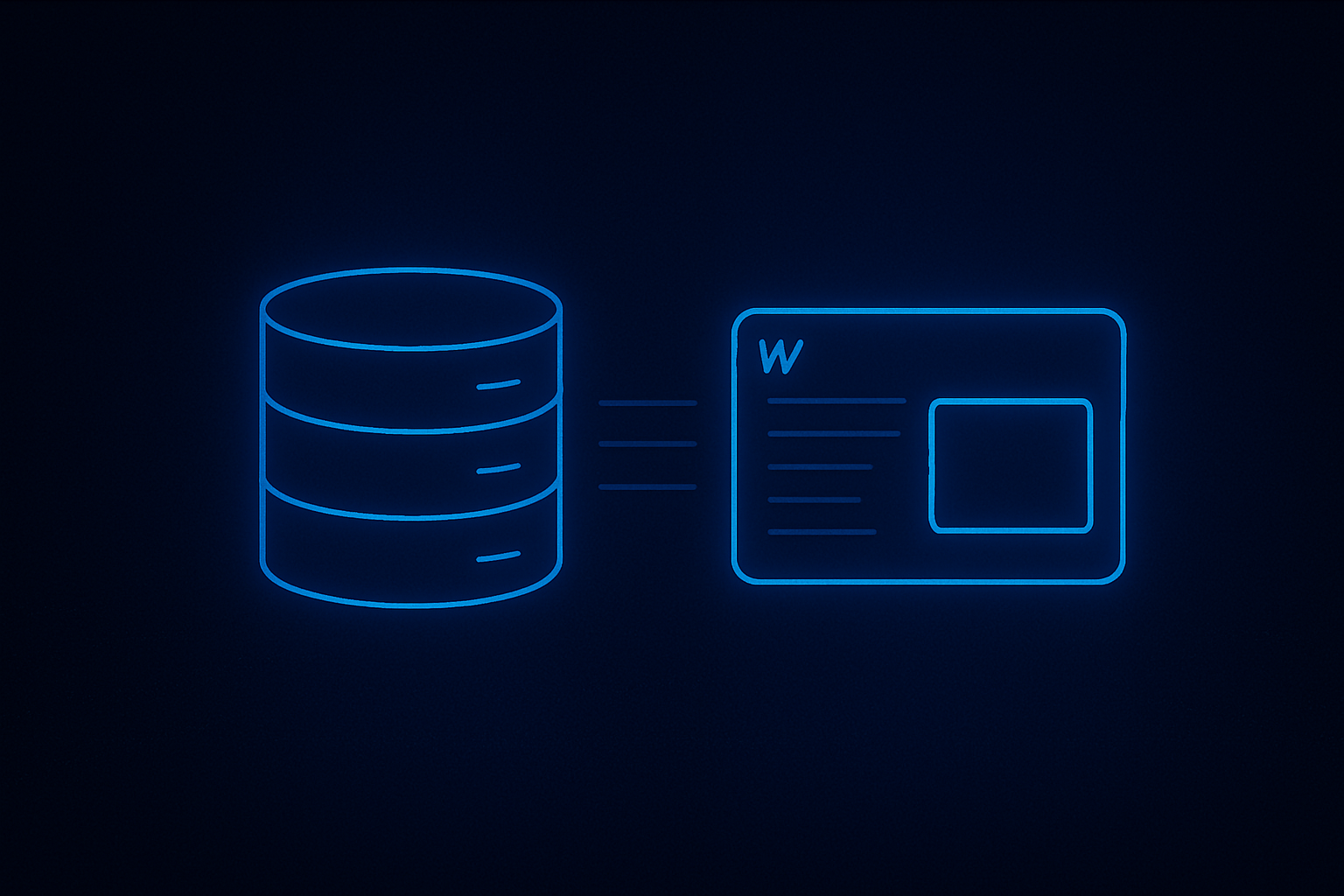What is Webflow CMS and how to use it

Unlike other systems, Webflow CMS gives you full control over dynamic content. For example,
when you create Collections (in Webflow CMS), you can easily store and organize information
such as articles, products, or team members. Then, using dynamic page templates (Webflow
CMS), each piece of content is automatically transformed into a live webpage powered by the
database in Webflow CMS.
Adding features like content filtering & sorting (Webflow CMS) makes navigation intuitive for
visitors, while galleries & CTA blocks in Webflow CMS help present visual content and calls to
action in a structured way. The built-in CMS SEO settings let you optimize every page for Google
without needing external plugins.
The workflow is simple yet powerful. First, you define the content structure — for example, what
fields a blog post or product page should contain. Then you add media content in CMS (images,
videos, files) to enrich it. Everything can be updated instantly thanks to online content editing, and
if you work in a team, the collaborative editor ensures smooth teamwork. Because the system
supports CMS API integrations, you can also connect third-party tools, which makes it possible to
synchronize your dynamic databases with external apps.
Imagine you’re launching a blog. Instead of manually designing each page, you create a Collection
List for “Articles.” Inside, you define fields such as title, description, author, image, and category.
Next, you build a dynamic page template (Webflow CMS) that will automatically generate new
posts whenever you add content. By applying filters and sorting (Webflow CMS), your readers
can find articles by category or author. This approach saves hours of work and guarantees
consistency across the entire website.
For beginners, a Webflow CMS course is a great way to understand how everything works in
practice. Such training usually covers creating responsive websites in Webflow CMS, working
with dynamic databases, configuring CMS SEO settings, and managing everyday updates in the
CMS dashboard. After just a few lessons, most users feel comfortable building professional-level
websites with no coding required.
Webflow CMS is not just a tool for designers; it’s a complete solution for modern content-driven
websites. With fast content updates, online content editing, and the flexibility of dynamic
content in Webflow CMS, it helps businesses and creators launch and scale websites quickly. If
you want a platform that combines design freedom with structured content management, then
Webflow as a CMS platform is the answer.
�� Start today, explore Collections, test out dynamic templates, and discover how Webflow CMS
can make your website more powerful.

.avif)
